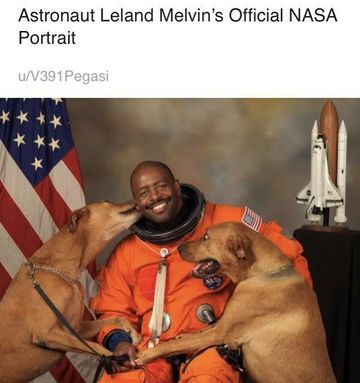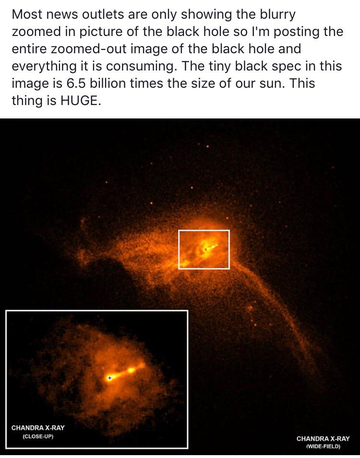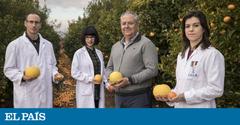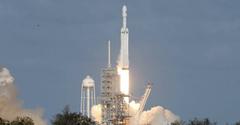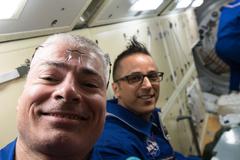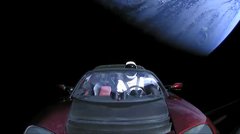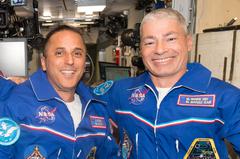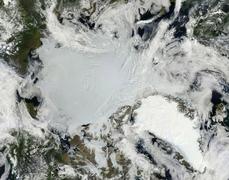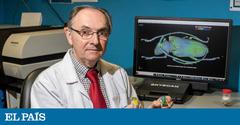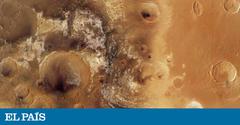Science stuff
News, curiosities, papers. Everything about science!
Forum
no forums yet
Posts (661) Newer postsMore posts
Over five years (2009-2014) researchers have delved into the depths of some of China's most unexplored and unknown caves in the largest ever study on cave floras. Surveying over 60 caves in the Guangxi, Guizhou and Yunnan regions, they were able to assess the vascular plant diversity of cave flora in more detail than ever before.https://www.sciencedaily.com/releases/2018/02/180207151850.htm
While the trusty 'like' button is still the most popular way to signal approval for Facebook posts, a computer model may help users and businesses navigate the increasingly complicated way people are expressing how they feel on social media.https://www.sciencedaily.com/releases/2018/02/180206151857.htm
In general, the term 'medical futility' applies when, based on data and professional experience, no further treatments, procedures or tests will provide benefit and may, in fact, be more burdensome and create undue suffering for the patient and the patient's family.https://www.sciencedaily.com/releases/2018/02/180202140849.htm
Researchers analyzed blood samples from nearly 10,000 people to find that genetic markers in the gene responsible for keeping telomeres (tips of chromosomes) youthfully longer, did not translate into a younger biologic age as measured by changes in proteins coating the DNA.https://www.sciencedaily.com/releases/2018/02/180202140852.htm
With each peck, woodpeckers absorb more than ten times the force it would take to give a human a concussion. But they seem fine. Researchers examined the brains of woodpeckers in museum collections and saw that the brains showed a build-up of a protein that's a sign of brain damage in humans. The woodpeckers might not have sustained brain damage themselves, though -- the researchers think that protein build-up could possibly be beneficial to the birds.https://www.sciencedaily.com/releases/2018/02/180202140910.htm
An international team of astronomers has discovered one of the most extreme instances of magnification by gravitational lensing. Using the Hubble Space Telescope to survey a sample of huge clusters of galaxies, the team found a distant galaxy, eMACSJ1341-QG-1, that is magnified 30 times thanks to the distortion of space-time created by the massive galaxy cluster dubbed eMACSJ1341.9-2441.https://www.sciencedaily.com/releases/2018/02/180202153204.htm
Patients with an inherited form of colon cancer harbor two bacterial species that collaborate to encourage development of the disease, and the same species have been found in people who develop a sporadic form of colon cancer, a research team finds.https://www.sciencedaily.com/releases/2018/02/180201173406.htm
Researchers have shown for the first time in an experiment that also non-human animals exchange different kind of favors. Humans commonly trade different commodities, which is considered a core competence of our species. However, this capacity is not exclusively human as Norway rats exchange different commodities, too. They strictly follow the principle "tit for tat" -- even when paying with different currencies, such as grooming or food provisioning.https://www.sciencedaily.com/releases/2018/02/180201173109.htm
Oceanographers reveal that the water over the continental shelves is shouldering a larger than expected portion of atmospheric carbon dioxide. The findings may have important implications for scientists focused on understanding how much carbon dioxide can be released into the atmosphere while still keeping warming limited.https://www.sciencedaily.com/releases/2018/01/180131184731.htm
